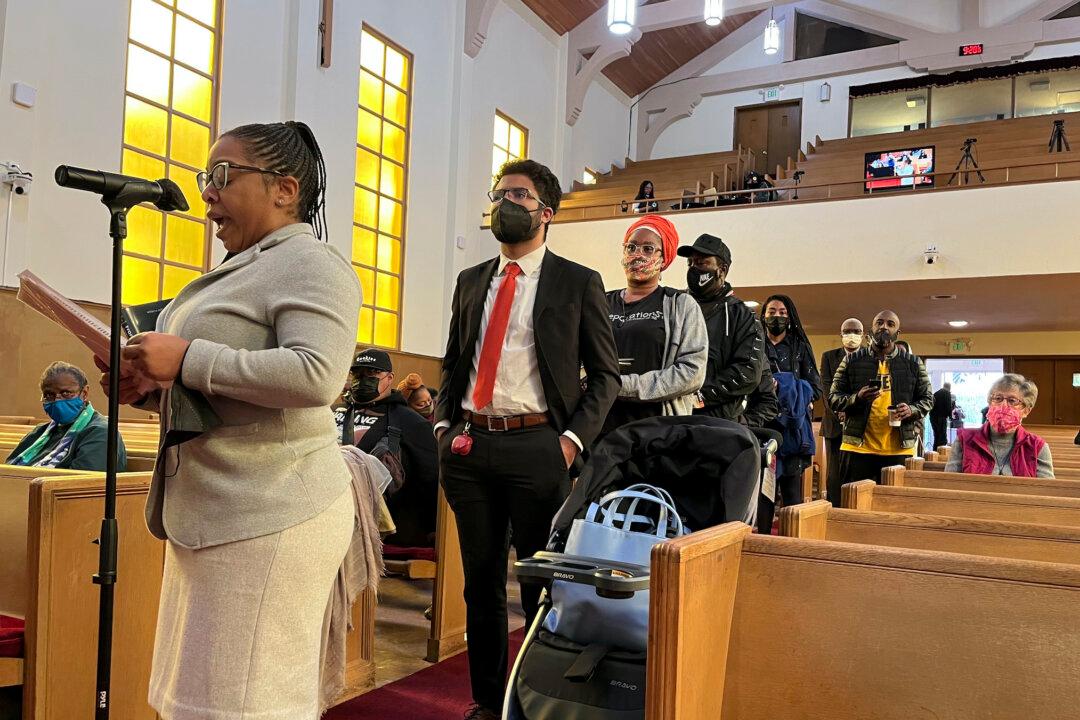Gov. Gavin Newsom’s proposed reparations plan for black residents in California may deliver handouts of $223,000 in cash per person for past housing discrimination, Fox News Digital reported.
California currently faces a $25 billion budget deficit, despite reporting a nearly $100 billion surplus for the current fiscal year in May.Nearly 6.5 percent of California residents, or 2.5 million, identify as black or African American.





